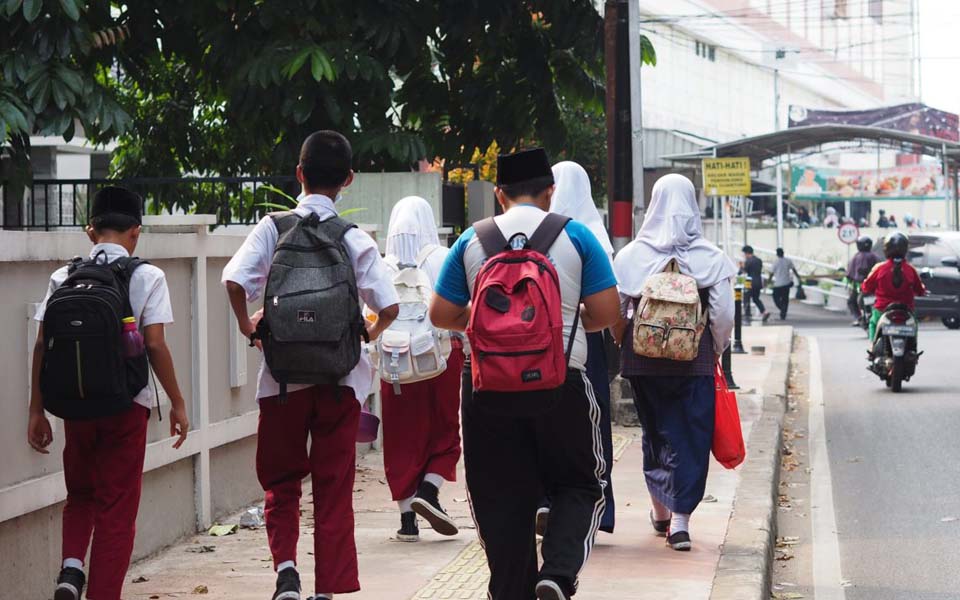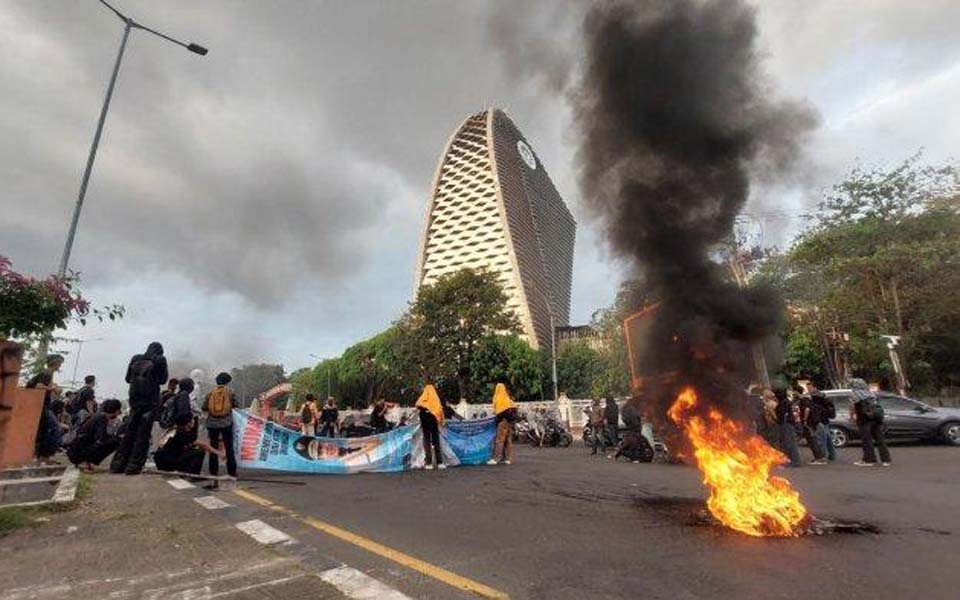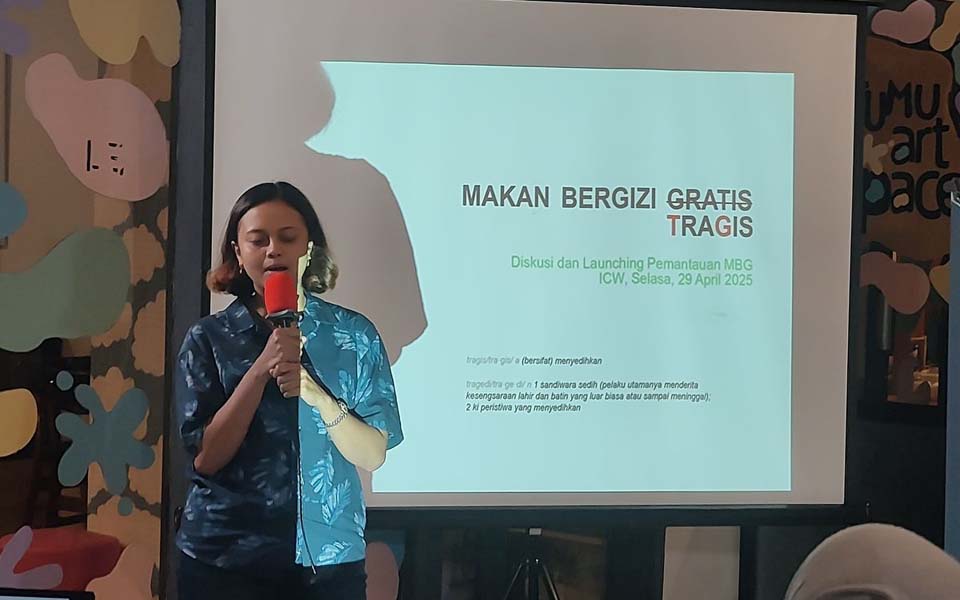Jakarta – The draft law on alcoholic beverages has again attracted public attention after the House of Representatives (DPR) Legislative Body (Baleg) revealed plans to begin deliberating the Draft Law on the Prohibition of Alcoholic Beverages (RUU Minol).
The RUU Minol, which was proposed by 21 lawmakers from the Islamic based United Development Party (PPP), the Islamic based Justice and Prosperity Party (PKS) and Prabowo Subianto's Greater Indonesia Movement Party (Gerindra), is one of 37 draft laws which were included in the 2020 Priority Legislation Program (Prolegnas) after an evaluation by a DPR plenary meeting on Thursday July 16.
There are several articles in the law that have attracted public attention such as the article stipulating criminal punishment for drinkers or those who consume alcoholic beverages.
They face a minimum prison sentence of three months and a maximum sentence of two years or a minimum fine of 10 million rupiah and a maximum fine of 50 million rupiah. The criminal sanctions are stipulated in Chapter VI, Article 20 of the law.
Meanwhile the criminal sanctions and fines for drinkers can be heaver if the person concerned is deemed to have disturbed public order or threatened security. The additional sanctions are a maximum prison sentence of five years and a maximum fine of 100 million rupiah.
Nevertheless, the prohibitions on producing, importing, storing, distributing, selling and consuming alcoholic beverages do not apply in certain cases such as for traditional communities, religious rituals, tourism and pharmacology.
Some are concerned that the draft law will give rise to the phenomena and potential for over-criminalisation, such as Institute for Criminal Justice Reform (ICJR) Executive Director Erasmus Napitupulu, who has been on the lookout for such potential and is of the view that the DPR does not need to deliberate the law any further.
"The approach of banning alcoholic beverages will have a negative impact on criminal justice in Indonesia", said Napitupulu in an ICJR press release on Wednesday November 11.
After reading the draft law on alcohol prohibition in the DPR's website, Napitupulu said that the law uses a blanket ban approach.
Aside from this, according to Napitupulu, dangerous alcohol use is already regulated in several other laws such as Articles 300 and 492 of the Criminal Code (KUHP).
One of the initiators of the draft law from the PPP, Illiza Sa'aduddin Djamal, claims that the RUU Minol will protect society from the negative impacts of alcohol. He also hopes that the prohibition will create awareness among the public of the dangers of alcoholic beverages.
Djamal claimed that a prohibition on alcohol represents a mandate which is embodied in Article 28H Paragraph 1 of the 1945 Constitution which states that every person is entitled to a life of material and spiritual prosperity, a place to live and a good environment, along with the right to receive healthcare services.
In addition to this, continued Djamal, a prohibition on alcohol represents a religious mandate. "The RUU is aimed at protecting the public from negative impacts, creating order and appeasement in society from minol drinkers", he told CNN Indonesia on Wednesday.
Organisations such as Indonesia's peak Islamic body the Indonesia Ulama Council (MUI), the Islamic mass organisation Muhammadiyah and the 212 Alumni Brotherhood (PA 212) also support the draft law being enacted by the DPR.
MUI Secretary General Anwar Abbas said that the view of religious teachings and healthcare is that alcohol consumption is not recommended because it does not bring any positive benefits.
Abbas also believes that alcoholic beverages are dangerous to the health and are clearly prohibited by the Quran. He believes that alcohol is the entry point for the misuse of narcotics and HIV/AIDS. Because of this, he believes that alcohol does more harm than good.
"Strong drink is not good, both according to religion as well as health science. Because of this, because the government's job is to protect its people", Abbas told CNN Indonesia on Thursday.
The Islamic Defenders Front (FPI) is even asking that public floggings be included as a punishment in the law. FPI General Chairperson Ahmad Sobri Lubis is of the view that Islamic teachings have legal standing in the Quran and the Hadis (collection of traditions related to the sayings of Muhammad) which prohibit the consumption of alcoholic beverages.
"The FPI asks the government to apply the punishment of flogging violators of the law on the prohibition of alcoholic beverages so that it provides a deterrent effect on users", said Lubis.
Not only that, Lubis is also believes that that the impact of consuming alcohol gives rise to many negative excesses such as increasing the level of criminality and the number of road accidents. (khr, mts, dhf, rzr/gil)
[Translated by James Balowski. The original title of the article was "RUU Minuman Beralkohol, Denda Rp50 Juta hingga Usulan Cambuk".]















